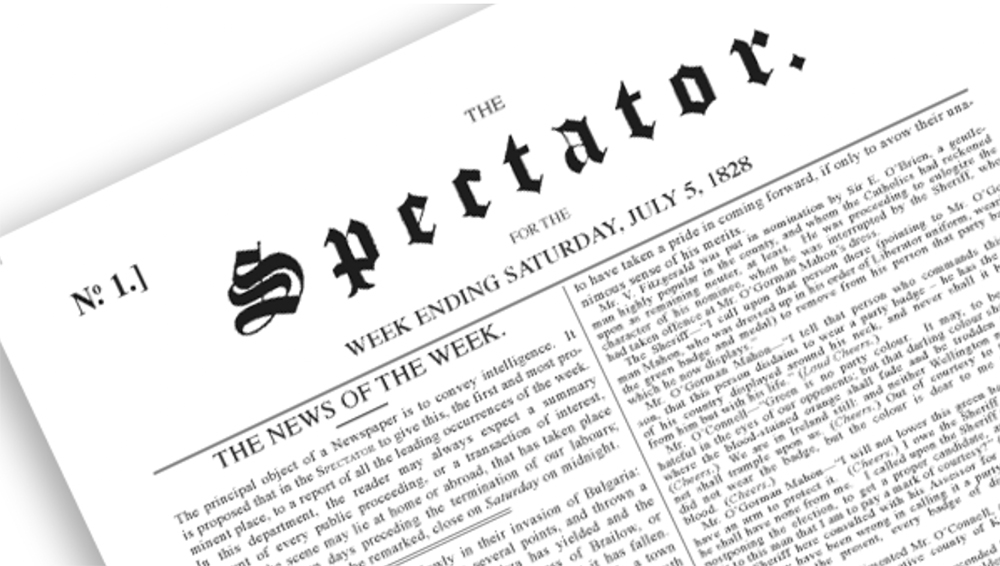There are few sights more unsettling than a politician trying to get ‘down with the kids’. Last week it was Zack Polanski’s turn. The new Green Party leader appeared on TikTok, lip-syncing along to Nicki Minaj with a climate activist as his contribution to the viral ‘What’s going on?’ trend. Rather than being met with rapturous applause, viewers that haven’t drunk the Green Kool-Aid were left asking what on Earth was going on.
Although there is nothing wrong with politicians trying to appear human, many seem to forget that politics is supposed to be a serious business
If you want to reach the youth, you don’t go on Newsnight. You head to the For You Page. But politicians sniffing out the youth vote don’t seem to notice that TikTok is a communications minefield. It rewards a kind of effortless absurdity that politicians, trained in the art of seriousness and message discipline, rarely possess.
When a climate activist posts on TikTok, I might not ‘get it’, but I know my peers, elsewhere on the internet, probably do. When a forty-year-old MP does it, I feel like I am watching a midlife crisis unfold before my very eyes, questioning how many times each swish of the hips had been rehearsed, workshopped and sanitised before it reached my feed.
Some may well applaud Polanski for meeting young voters where they are, applauding the ‘authenticity’ of his enthusiastic singing and dancing. Others, like myself, will find it an excruciating attempt to appear relevant, mistaking political impact with virality. In the quest to be cool, posting on TikTok is a high-risk strategy, ripe for cringe-inducing missteps.
For every successful attempt at being cool, there are a dozen cringe-inducing misfires that, if the MP is lucky, will be lost to the internet forever rather than becoming the next reason for ridicule on X. The internet is merciless, and nothing ages faster than a politician’s attempt at relevance. A joke that lands today becomes a campaign liability tomorrow.
But Polanski is far from the only one willing to take the gamble. For politicians of all stripes that are light on policy ideas but heavy on vibes, TikTok has an irresistible charm. The lingua franca is confidence and comedy, not complex policy proposals. This has played straight into the hands of the Liberal Democrats. Ed Davey has been making a name for himself in the last year as both a stuntman and viral trend bandwagoner. This is rather at odd’s with his Deputy Leader’s demand that he be taken seriously.
Ed Miliband has not shied away from the platform either. He recently posted a TikTok pointing passionately at a cherry bakewell as he extolled the virtues of renewable energy, aligning himself with baked good behemoth Mr Kipling. While Miliband was seeking to charm the algorithm, criticisms of his failure to tackle Britain’s spiralling energy prices went unanswered.
This act of public humiliation is not just the reserve of the centre-left of British politics. Grant Shapps, former Conservative MP, walked so the likes of Polanski and Miliband could run. He garnered a reputation in his final few years around the cabinet table for his lively TikToks with one even featuring Michael Portillo, the erstwhile train enthusiast.
The internet ambitions of Shapps were ultimately stymied by the valiant campaigning of Tom Tugendhat and other hawkish Conservatives. Their crusade against the Chinese-owned ByteDance company, and the national security implications that devotion to its platform presented, successfully made TikTok an applica non grata within the Conservative Party for a time.
Flash forward to 2025 and the party, and members of its shadow cabinet, are now posting on TikTok with increasing regularity, though rarely – if ever – communicating their message through the medium of dance. The allure of this much needed direct line to the youth vote appears to have trumped the principles once proudly defended within the party’s own ranks.
Elsewhere on TikTok, Reform is thriving. Videos of Nigel Farage talking to the camera have garnered him over a million followers, trumping his aforementioned competitors. His content is also devoid of musical numbers. This approach suggests that the problem isn’t really that politicians are online, TikTok security concerns notwithstanding. It’s that some of them can’t resist performing.
Performance does not equal persuasion. If politicians begin to measure success not just in votes, but in likes and shares, politics will become more of a performance than it already is and policy announcements will merely be an excuse to generate more content. In that economy, Miliband and his cherry bakewell are doing fine. But Britain’s big policy challenges will remain unanswered.
Although there is nothing wrong with politicians trying to appear human, many seem to forget that politics is supposed to be a serious business. Rather than a question of cringe or cool, we should be asking whether the platform helps young people to engage with politics better or simply train them to expect it to be funny?
So perhaps the best advice for our would-be influencers in Parliament is simple: by all means, post the TikTok, but be prepared for the horror on the faces of your constituents when their children show them what you have been up to. The internet does not elect you. It just decides how embarrassed you should be.








Comments